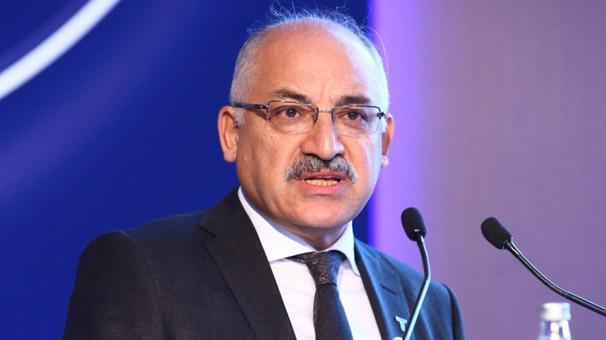
Turkish exporters expect the government to provide incentives to encourage domestic production of certain intermediate goods and raw materials that could help Turkey reduce its dependence on these goods, the Turkish Exporters’ Assembly (TİM) chair Mehmet Büyükekşi told state-run Anadolu Agency on Jan. 29.
“In 2017, the import of intermediate goods and raw materials registered the largest increases. That is why any incentives to be provided by the government will be crucial,” Büyükekşi said.
Domestic production of certain intermediate goods and raw materials used particularly in the plastics, aluminum and steel industries should be supported through special government incentives, he said.
“The government already provides tailor-made incentives to certain industries that produce goods that substitute imported goods,” Büyükekşi noted, adding that such incentives could help Turkey to strike a balance between exports and imports.
The government may support local and foreign investors to focus on production to replace imported goods with domestically produced goods, according to Büyükekşi.
Economy Minister Nihat Zeybekci may announce some good news on incentives, Büyükekşi said, without providing other details.
$170-175 billion exports this year
The TİM aims for exports to surpass the medium-term program’s $169 billion target in 2018 to reach $170-175 billion, Büyükekşi also said.
Last year, Turkey’s exports rose 10.2 percent to stand at $157.1 billion - the second highest export volume on record. The country’s imports rose by 17.9 percent to $234.2 billion in 2017, marking a $77 billion deficit in the foreign trade balance.
Exports will contribute positively to the country’s growth rate this year by 1-1.5 percent, according to the TİM chairman.
Büyükekşi added that commodity prices will have considerable impact as the country is an oil importer.
The Economy Ministry will support 80 percent of subscription fees when a Turkish company joins a global e-trade website among the top 3 as far as click rates are considered,” said Büyükekşi.
He added that the rest of the amount would be covered by TİM.
He said the ministry’s support would last three years.
Noting that some 10,161 Turkish companies had joined e-trade firms so far, Büyükekşi said the aim was to increase this number to at least 25,000 in 2018.